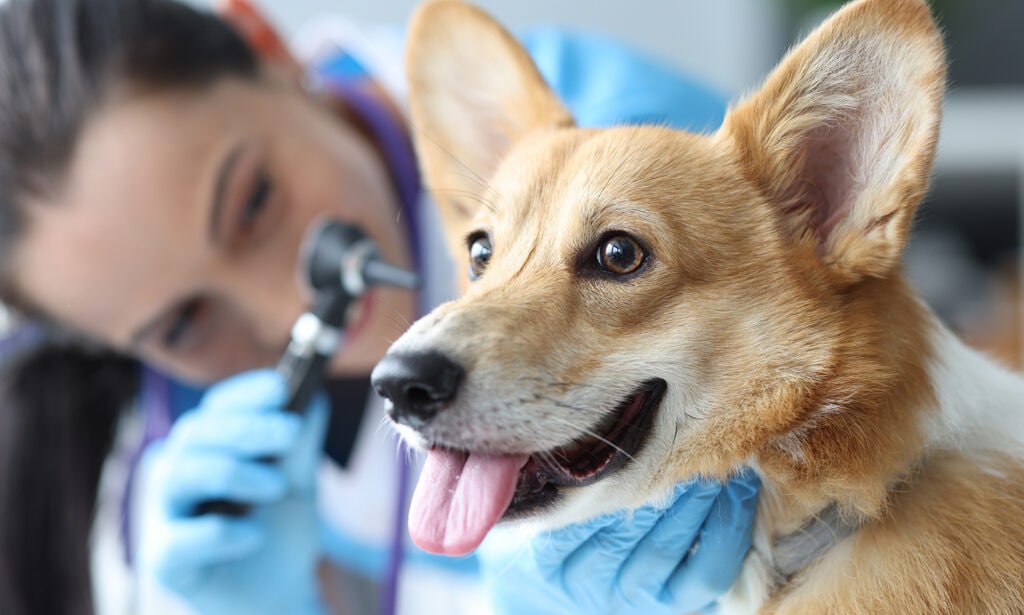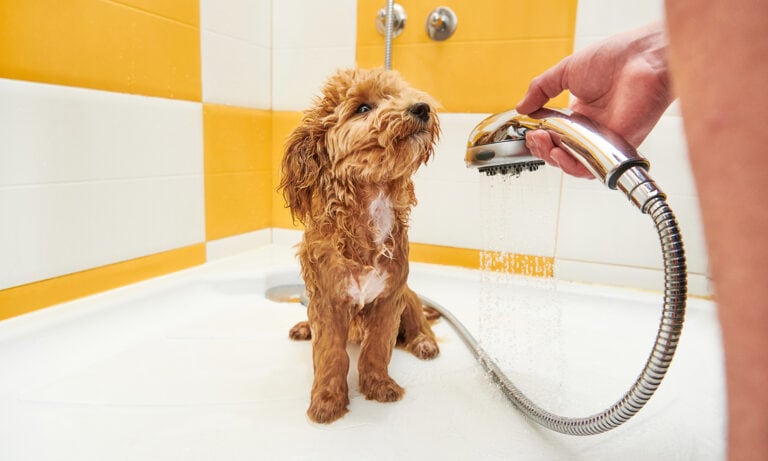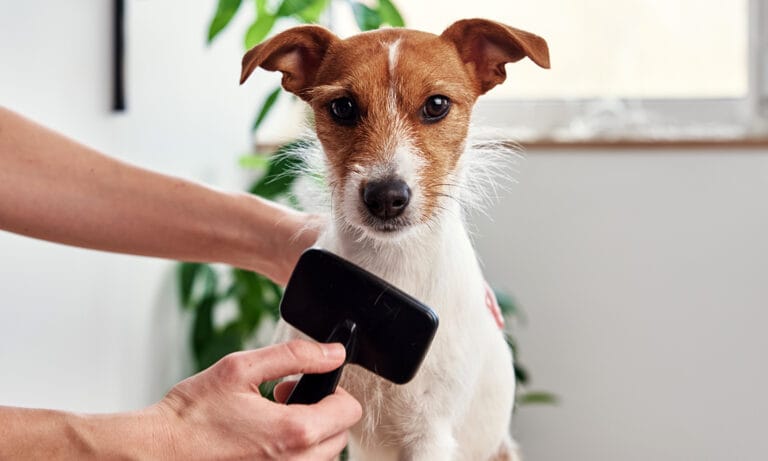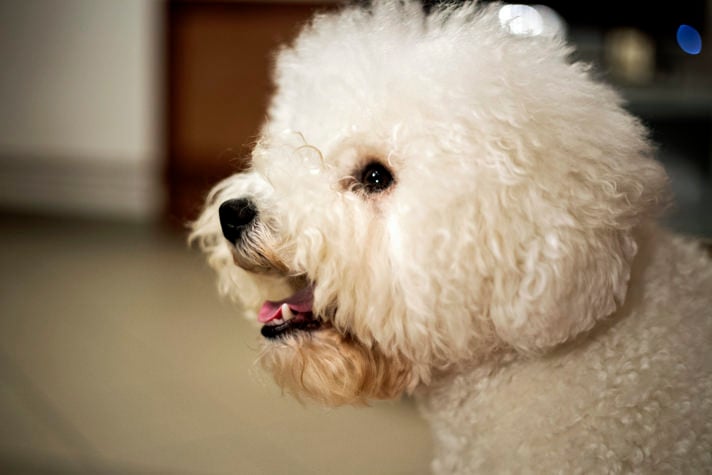Let’s face it: The life of a pup parent can get a bit smelly from time to time. From picking up poop and scooping out (less-than-fragrant) food cans to trying to determine what in the world your dog just rolled in, the job of a pet owner should sometimes include a set of nose plugs!
But when the odor comes from his ears, it’s a different matter. Smelly dog ears are caused by bacteria and yeast that has proliferated inside the canal, says Jeffery Levy, DVM, veterinarian in New York City. “A dog’s ear is covered by an ear flap called the pinna, which creates a dark, moist space for (smelly) growth,” he explains.
No one wants to deal with a full-on ear infection or the smell that comes with it. It’s important to know when it’s time to visit your vet about your dog’s ears, how to clean dog ears (if recommended by your vet, of course), and how to maintain dog ear care to prevent odor from developing in the first place.
Here are some tips if your dog has smelly ears.
In This Guide:
Note Your Dog's Behavior
Ear odor is just one indication that your pup may have developed a problem. Be sure to check your pup’s ears often, whether their ears are short and pointy or big and floppy.
Also, be aware of any unusual dog behavior. Is your pet paying more attention than usual to his ears?
"An infected ear can become a source of torment for a dog, which can lead to scratching and even bleeding inside the ear flap or the gradual closure of the ear canal,” explains Dr. Levy. “Other signs include scratching, head shaking, and rubbing the ears along the floor."
If an infection is left chronically untreated, surgery may be required.
Get an Exam
Be in touch with your veterinarian if you discover that your dog’s ears are smelly. Smelly ears could lead to otitis, which is an ear infection.
Most ear infections are triggered by inflammation from allergies. It’s this inflammation that allows the overgrowth of yeast or bacteria—and the resulting smell, notes Ann Hohenhaus, DVM, veterinarian at the Animal Medical Center in New York City.
Speak with your pet’s doctor, as testing is often required to first identify the infectious organism and then to choose the appropriate medication.
Talk to Your Vet About an At-Home Solution
With your vet's permission, Virbac® Epi-Otic® Advanced Ear Cleaner or Vetnique Labs® Oticbliss™ ear flush can be used to clean sensitive doggy ears.
“Flush the ear with the wash according to the directions, and then massage the outside, following the path of the ear canal downwards to dislodge debris and dog ear wax,” Dr. Levy says.
Be prepared for your dog to shake his head during this process. Some vets suggest wrapping a cotton ball around your finger to dry the ears and make sure that you don’t penetrate too deeply, adds Dr. Levy.
Just don’t be tempted to stick a cotton swab into your pup’s ear. “Using this kind of item could injure the delicate internal structures of the ear,” warns Dr. Hohenhaus.
Clean off Dirt and Keep the Ears Dry
Another way to prevent odor (and more serious consequences) is to avoid getting additional moisture in your dog’s ears.
"Swimming, of course, can lead to excess water in the canal, so some pet owners put cotton balls in their dog’s ears before going for a dip," notes Dr. Levy. Using an ear cleaner with “drying” properties listed on the label (like Virbac Epi-Otic) can also be helpful after swimming.
Next, watch our Chewtorial on how to clean dog ears.
Expert input provided by Jeffery Levy, DVM, veterinarian in New York City; and Ann Hohenhaus, DVM, veterinarian at the Animal Medical Center in New York City.
This content was medically reviewed by Chewy vets.
More on caring for your dog's ears:
Share:















